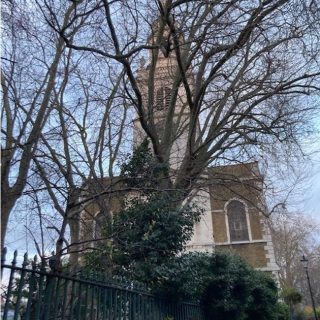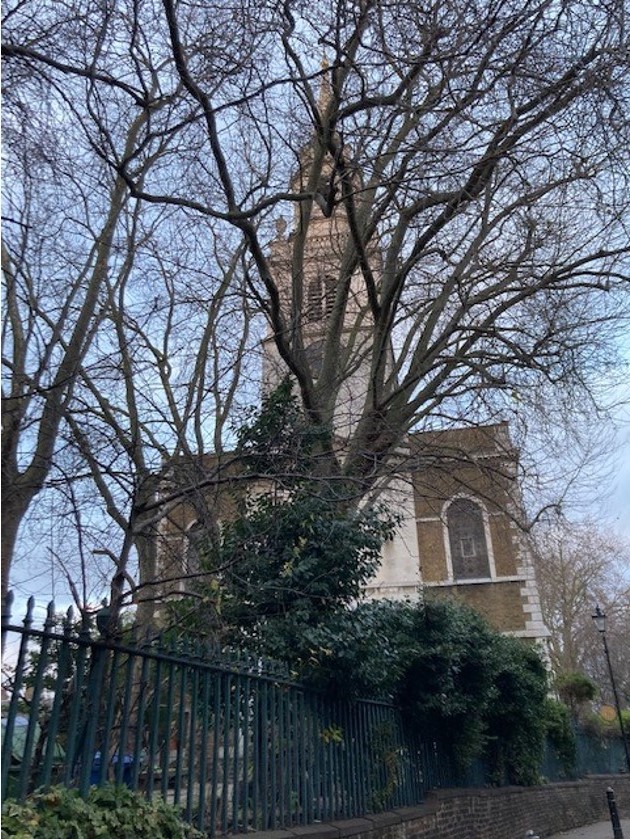Part of the Law and Mortar series, which aims to give Lawbore readers an insight into interesting buildings with a legal twist, local to the university campus.
This one is not strictly a legal site, but it was the home of a famous American lawyer. One who is probably more famous now than since his lifetime, thanks to the phenomenal success of the musical ‘Hamilton’. This was one of the London homes of the – in Lin Manuel Miranda’s lyrics – “damn fool who shot him”. Aaron Burr was the man who shot and killed his long-time political rival Alexander Hamilton in a duel.
I will cover Clerkenwell Green and the area around St James’s Church in a later part of this series but suffice to say here that Clerkenwell was a well known place of refuge for radicals, those of a more liberal outlook on life than the establishment of the time. As a man who was involved in the American War of Independence, it is likely Aaron Burr had contacts here. He lived in other parts of London, most notably the house that still stands in Craven Street, nearby the Benjamin Franklin Museum. The now empty Tipperary Pub on the corner of Whitefriars Street and Fleet Street was one of the two Inns that he lodged in in Whitefriars Street.
Aaron Burr was a practicing lawyer in New York both before and after the revolution, and the third Vice President of the United States of America between 1800-1804 when Thomas Jefferson was President. It was during his final year as Vice President that he shot Alexander Hamilton.
Hamilton is one of the Founding Fathers of America, a select group who led the war of Independence and built the framework of government that still largely operates today. He was First Secretary of the Treasury and established the first two Central banks.
Duelling – despite still being seen as a ‘gentlemanly’ way to settle a dispute, was illegal in America. Despite this, the two committed to the duel where Hamilton was fatally shot. He died a day later. Burr’s political career was over, despite him being indicted but never being prosecuted for the killing. His debts piled up and he left for Europe. He spent much of this exile in London, even living with his friend Jeremy Bentham, the philosopher and social reformer.
He eventually returned to the US in 1812 and carried on his New York legal practice. His political legacy continues though, in the Twelfth Amendment of the US Constitution and the establishment of the rules on impeachment which set standards of behaviour for the Senate. Many of which still – just about these days – are followed.
Thanks to Sue Doe for this excellent new entry in the ‘Law and Mortar’ series.
Life long Londoner, worked in the legal profession for decades (libraries, know how, compliance, data protection) after a law degree from the LSE. Now concentrating on local specialist history research (Hackney; women; legal), walks, talks and spreading knowledge. Find her on Instagram.



